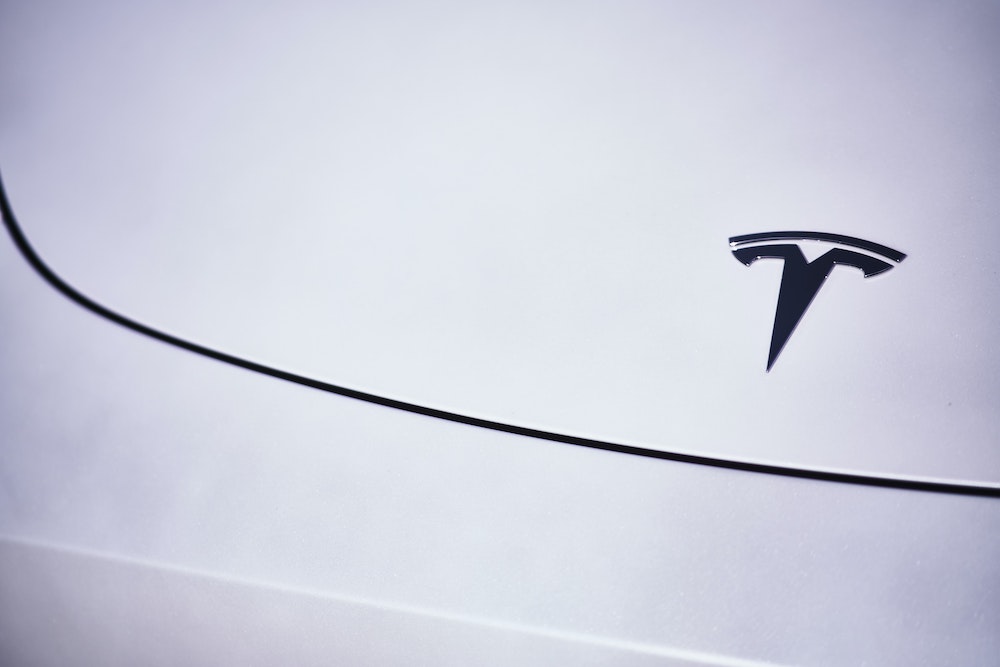How all vehicles need specialist EV chargers

The government will soon alter its Electric Vehicle Homecharge Scheme. With this, more and more people will most likely be making the big switch over to electric vehicle ownership. The size, shape and design of public chargers varies quite a lot. They will all either have a charging cable attached to them or a socket link. Regardless of this, they are vital for anyone who owns and runs an electric vehicle.
New laws for new homes and buildings
There has been a lot of press in recent times not least due to some of the new laws coming out. New homes and buildings such as supermarkets and workplaces, as well as those undergoing major renovation, will be required to install electric vehicle charge points. With this in mind, it will soon be the norm to see a charge point everywhere you look. Up to 145,000 extra charge points will be installed across England each year thanks to these regulations, in the run up to 2030 when the sale of new petrol and diesel cars will end in the UK. This builds on the over 250,000 home and workplace charge points the Government has already supported to date.
A tenfold increase in electric car charge points in the UK is urgently needed. This is according to a stark new warning from industry groups. All of this is in an effort for us to all be that bit more green. With big news headlines concerning global warming and climate change, EV ownership can for sure go a long way in reducing vehicle emissions. This is why there is a press for more people to buy electric vehicles. This too is where and why the electric vehicle charger market has really come to life in more recent times. There are more and more charger manufacturers now coming into the market.
Achieving net zero
While most people currently purchasing an electric vehicle are likely to be able to plug in at home, on a driveway or designated parking bay, achieving net-zero requires all drivers to make the switch. This will also very much include those who depend on on-street parking. The effort here needs to come from wide and far if this is going to work.
Getting a charger correctly installed
You should always use an installer who has been fully approved and accredited. This all needs to be by the UK’s Office for Zero Emission Vehicles. This is also known as the Office for Low Emission Vehicles (OLEV). As well as being accredited by OLEV, phs Compliance’s electrical engineers are trained to C&G 2919-01, approved to IET Code of Practice (incorporating BS 7671:2018) and trained fully to IET Wiring Regulations, meaning they will install, inspect and test charging equipment for pure and hybrid electric vehicles to the highest standards in the UK.
The grants available
Yes, the government’s Workplace Charging Scheme (WCS) provides businesses with vouchers that contribute up to 75% of the up-front costs of purchasing and installing electric vehicle charging points, up to the value of £350 per socket for a maximum of 40 sockets, using an OLEV approved installer. You can apply for vouchers here. Domestic grants for electric vehicle charging point installations are also available. They are provided by the Office for Zero Emission Vehicles (also known as the Office for Low Emission Vehicles (OLEV) in England.
Electric vehicle charging points in the workplace
There is currently no legal requirement for employers to provide EV charging points. However, the government has announced a ban on the sale of petrol and diesel cars from 2030, so the number of electric cars on the road will increase rapidly, and employees and customers will expect regular and convenient access to charging points for their vehicles.
Many forward-thinking businesses have already changed their fleets to electric vehicles in order to reduce costs and lower their carbon footprint. Installing EV charging points using the grants currently available ensures your business is ready for the changes in the most cost-effective way. They can also present a good marketing or communication opportunity. After all, this is a great ethical stance for any business to make, large or small.
Make sure you choose the right charging point
Choose a charging point that is the most compatible with the widest range of electric vehicles. The most popular workplace charging points are wall-mounted with a Type 2 7kW charger. These charge most of the best-selling electric vehicles in 3-7 hours. That said, there are faster chargers and different designs available. There are brands to look out for such as Easee, Zaptec, Pod Point and a number of other brands. It is best to do as much research as you can. From there, then work out what you can go for budget-wise too. Also, take full consideration as to how well the charger will be able to work with any existing infrastructure.
The health and safety of an EV charger
EV Chargers do require health and safety checks from time to time. This is as it is a fixed electrical installation. The ‘duty holder’ is required by law under the Electricity at Work Regulations 1989 to ensure that all EV charging points are safe to use and do not pose any danger to users. It is recommended that EV charging stations are tested every year. That said, more regular testing and inspections may be required if they are heavily used.
The overall outlook for the future
The electric car market is growing rapidly. This has been seen with a 184% increase in the sales of pure electric cars and 139% increase in PHEV sales. All of this is compared from the previous year in September 2020, despite the coronavirus pandemic. Choosing an buying an EV is one thing, making sure you have the ideal charger is the other. It is fair to say the role seen from an electrician is sure to change. This is in terms of how more and more will be soon installation charging points more and more in the foreseeable future. A lot can also be said too in how this market is only going to grow as electric vehicle ownership will become more and more the norm for the masses.



